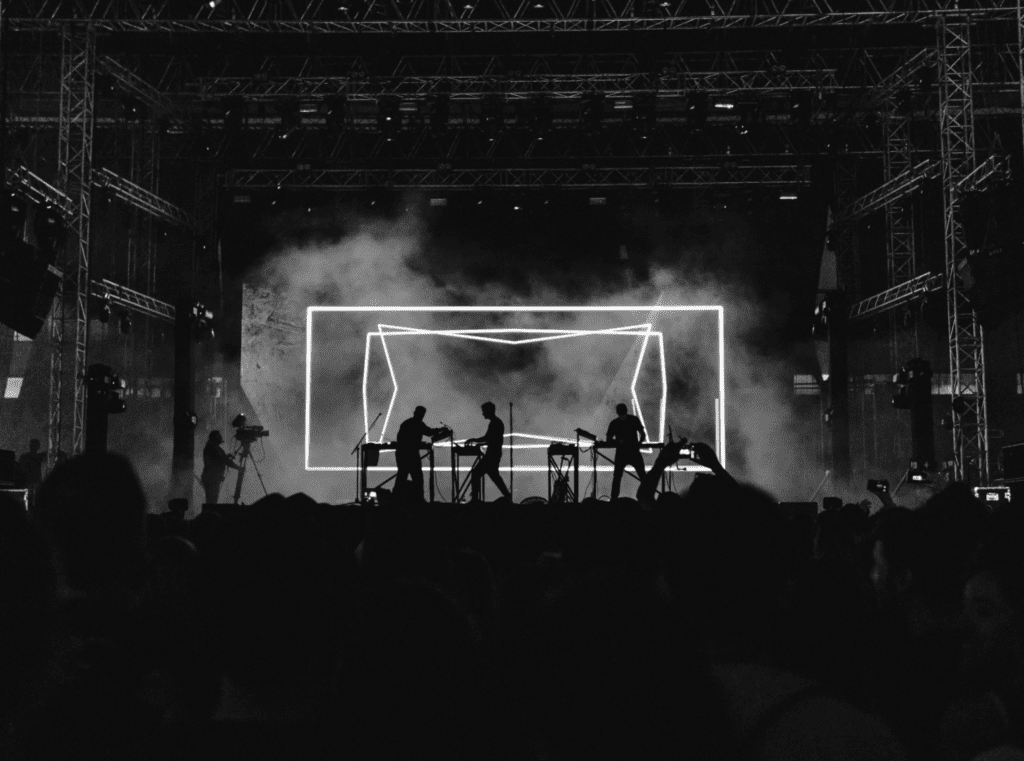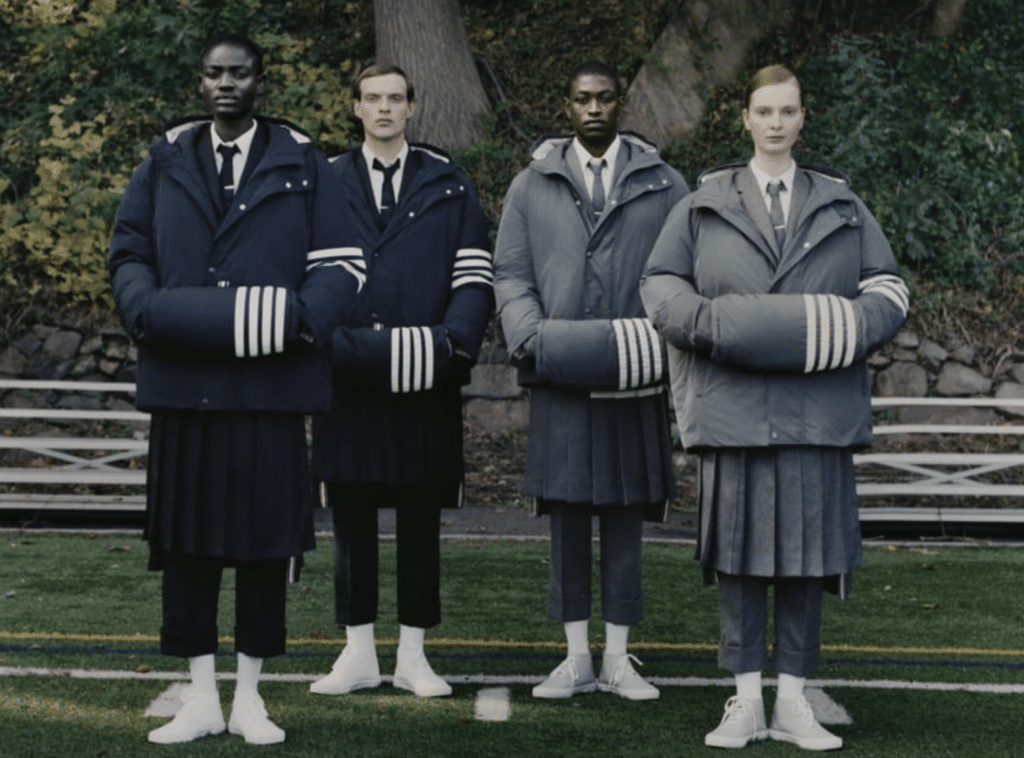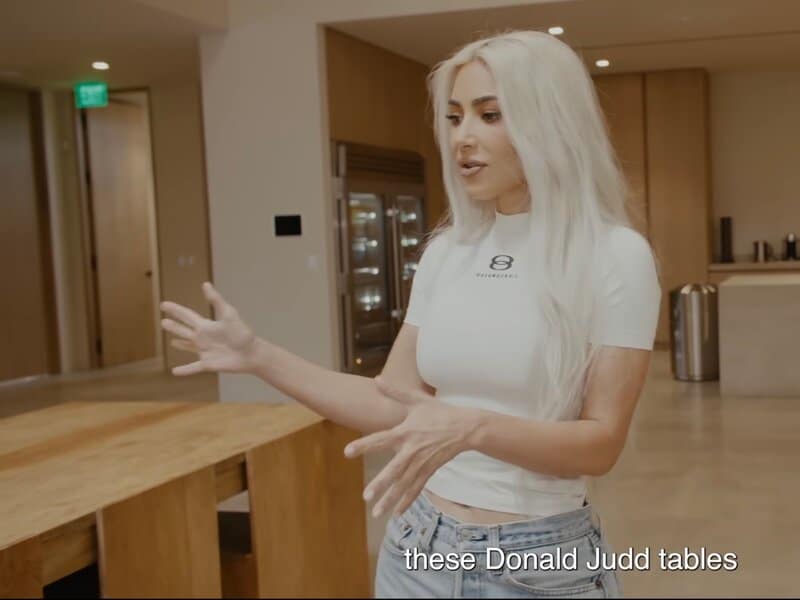Artificial intelligence (“AI”) text and image generation tools have now been around for a while, and apps for making AI-generated music are increasingly starting to reach consumers, as well. Just like other generative AI tools, text-to-music platforms, such as Suno and Udio (and others likely to come), work by turning a user’s prompt into output. For example, prompting for “a rock punk song about my dog eating my homework” on Suno will produce an audio file that combines instruments and vocals. The output can be downloaded as an MP3 file.
The underlying AI draws on unknown data sets to generate the music. Users have the option of prompting the AI for lyrics or writing their own lyrics, although some apps advise the AI works best when generating both. But who, if anyone, owns the resulting sounds? For anyone using these apps, this is an important question to consider – and the answer is not straightforward.
Suno, for example, has a free version and a paid service. For those who use the free version, Suno retains ownership of the generated music. However, users may use the sound recording for lawful, non-commercial purposes, as long as they provide attribution credit to Suno. Paying Suno subscribers are permitted to own the sound recording, as long as they comply with the terms of service. Meanwhile, Udio does not claim any ownership of the content its users generate, and advises users are free to do whatever they want with it, “as long as the content does not contain copyrighted material that [they] do not own or have explicit permission to use.”
How does copyright law apply?
Suno is based in the United States. However, its terms of service state that users are responsible for complying with the laws of their specific jurisdiction. For users in many jurisdictions, despite Suno granting ownership to paid subscribers, the application of copyright law is not necessarily clear cut. Can an AI-generated sound recording be “owned” in the eyes of the law? For this to happen, a number of elements need to be established, including the existence of a human “author.” Would a Suno user be considered an “author” for the purposes of copyright law or would the sound recording be deemed the creation of the AI-powered platform (and thus, not eligible for registration) for the purposes of copyright?
Similarly to how this would apply to ChatGPT content, case law in various jurisdictions, including the U.S., Australia, etc., dictates that each work must contain “some element of human creativity” to be subject to copyright protection – or as courts in Australia have put it, a work must originate through a human author’s “creative spark” and “independent intellectual effort.”
This is where the issue becomes contentious for sound recordings (among other types of creative works) when AI is involved. A court would likely scrutinize precisely how the sound recording was generated. If the user’s prompt demonstrated sufficient “creative spark” and “independent intellectual effort,” then authorship might be found. If, however, the prompt was found to be too far removed from the AI’s reduction of the sound recording to a tangible form, then authorship could fail. If the latter is the case, then the work would be deemed ineligible for copyright protection/registration.
Does AI training data infringe copyright?
Another critical issue when it comes to generative AI-powered platforms centers on how the underlying models were trained and whether creative works were infringed in furtherance of such training. The answer is still currently unclear. Around the world, there are many ongoing lawsuits evaluating whether other generative AI technology, such as ChatGPT, has infringed others’ copyright-protected works through the data sets used for training.
The same question is pertinent to generative AI music apps. This is a difficult question to answer because of the secrecy surrounding the data sets used to train these apps. But even if these generative AI music platforms have been trained on copyright-protected music without the copyright holders’ authorization and/or a license to do so, the defense of fair use has been raised in pending cases and likely would be argued in the event that copyright litigation is waged against AI-powered music platforms.
A defense to copyright infringement, fair dealing might be applicable in Australia. This allows for the use/reproduction of copyright-protected materials for particular uses, without permission from or payment to the owner. One such use is for research or study. Meanwhile, in the U.S., an exception called fair use might apply, as OpenAI, for one, has argued in response to more than one copyright infringement case waged against it.
AI & the Right of Publicity
Of concern to those in the music industry is the use of generative AI to create new songs that mimic famous singers. For example, other AI platforms (not Suno or Udio) currently enable users to make Johnny Cash sing Taylor Swift’s song, Blank Space. And issue goes beyond music to other industries. Last year, writers in Hollywood went on strike in part to demand guardrails on how generative AI can be used in their profession. There is now a similar concern about a threat to livelihoods in the music industry, due to the unsolicited use of vocal profiles through AI technology.
Putting copyright claims aside, in the U.S., the right of publicity comes to mind with regards to AI, as it grants individuals the exclusive right to control and profit from the commercial use of their name, image, likeness, or other identifiable aspects of their persona. This is legal doctrine could provide remedies for individuals targeted by unauthorized AI-generated works. For example, if someone uses an AI-generated voice profile of a U.S. singer commercially and without permission in a song, the singer could sue for misappropriation of their voice and likeness. (Not a purely hypothetical scenario, the estate of comedian George Carlin lodged a right of publicity suit in a California federal court early this year in response to the release of an hour-long special featuring an AI-generated imitation of his voice.)
Right of publicity is not a viable cause of action case across the board, though. In Australia, for instance, there is no such right of publicity. Due to the proliferation of voices and other materials that can be harvested from the internet, this potentially leaves Australians vulnerable to exploitation through new types of AI.
With the rapid development of AI-powered music generators and the corresponding rise in AI voice scams, it is timely to debate whether a similar right of publicity should be introduced in jurisdictions where is not an available cause of action. At the same time, in countries like the U.S., where right of publicity is governed by state law, there has been an emerging push for a federal cause of action to better protect individuals’ likenesses, including their voices.
Wellett Potter is a Lecturer in Law at the University of New England. (This article was initially published by The Conversation.)













